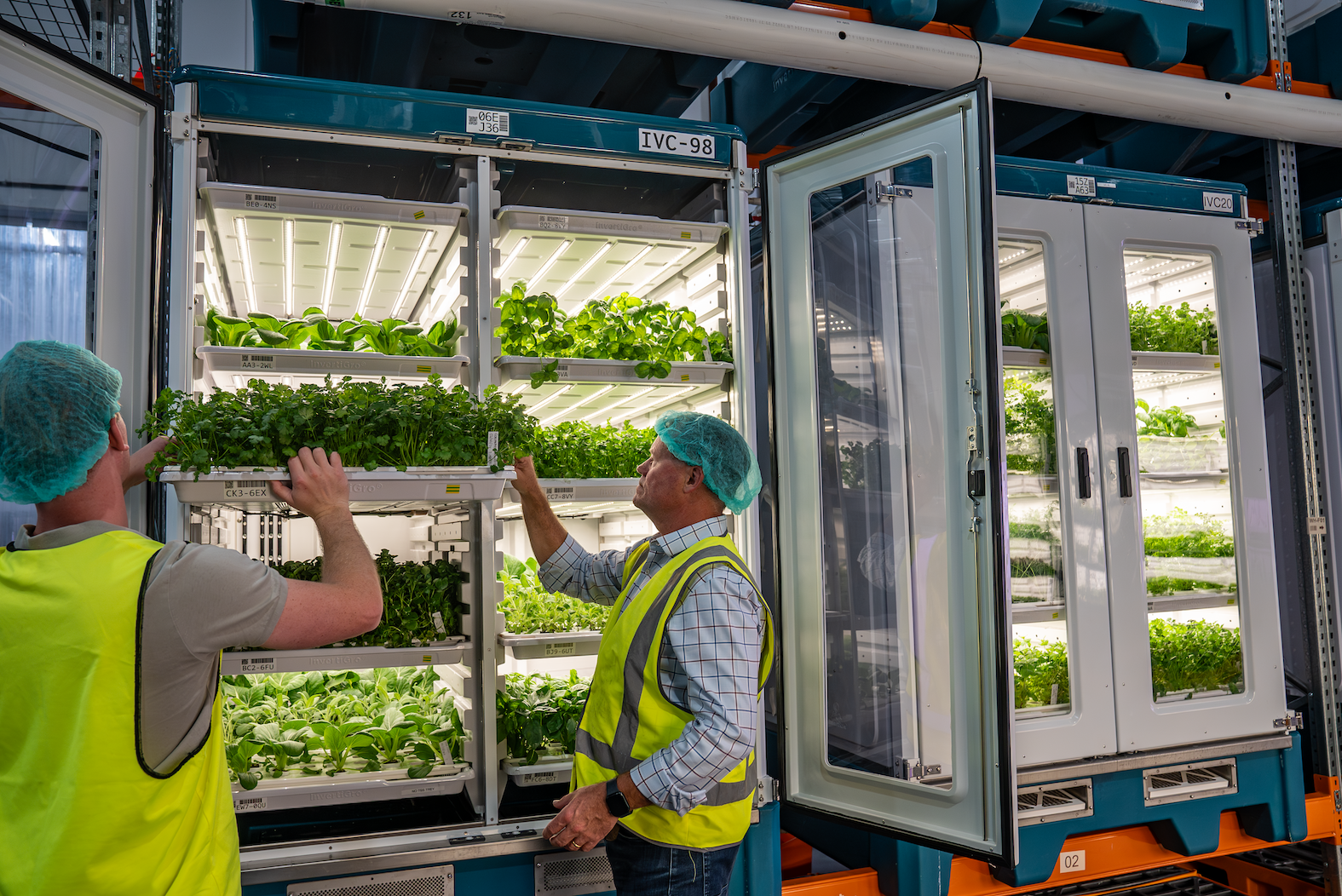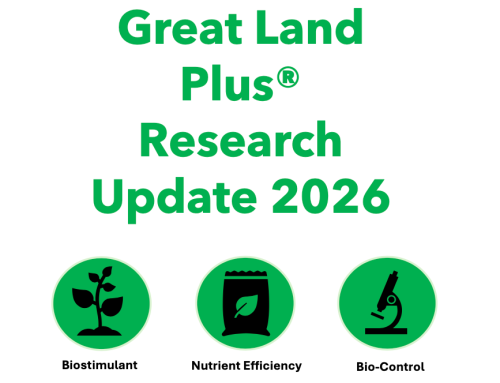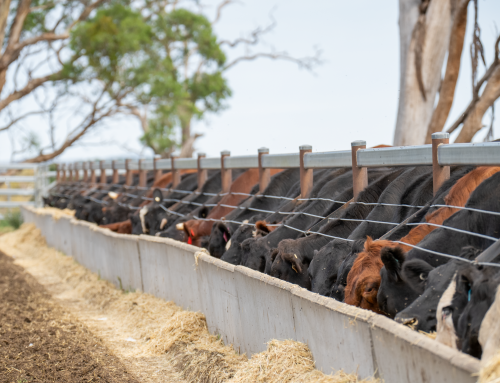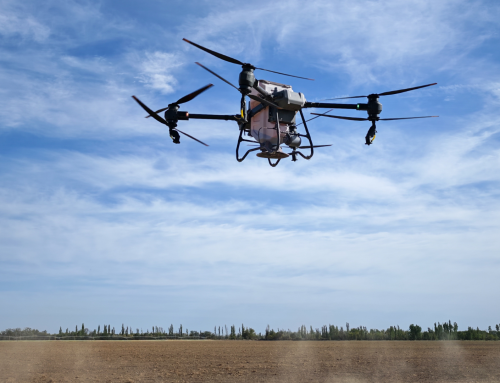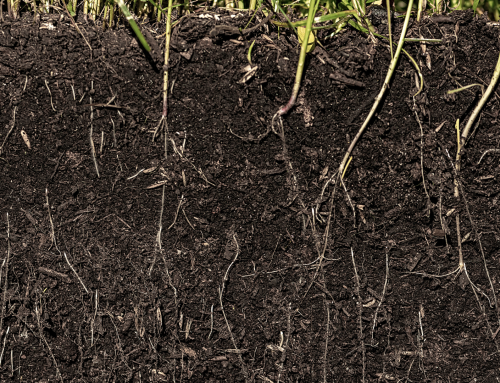Terragen’s ongoing research and development program has delivered exciting results from recent trials across a range of crops, confirming the effectiveness of Great Land Plus® (GLP) in improving plant growth, nutrient efficiency, and crop performance.
Trial Results Across Multiple Crops
Trials conducted on maize, tomato, ryegrass, canola, and lentils have demonstrated significant benefits for both plant growth and sustainability outcomes.
-
Maize Trials (QLD & NSW) – Up to 30% increase in shoot weight and 35% increase in root weight, with medium and low doses proving most effective.
-
Tomato Trials (Laboratory & Soil) – Growth benefits observed in both sterile agar and soil trials, confirming GLP works directly on plants as well as in the soil.
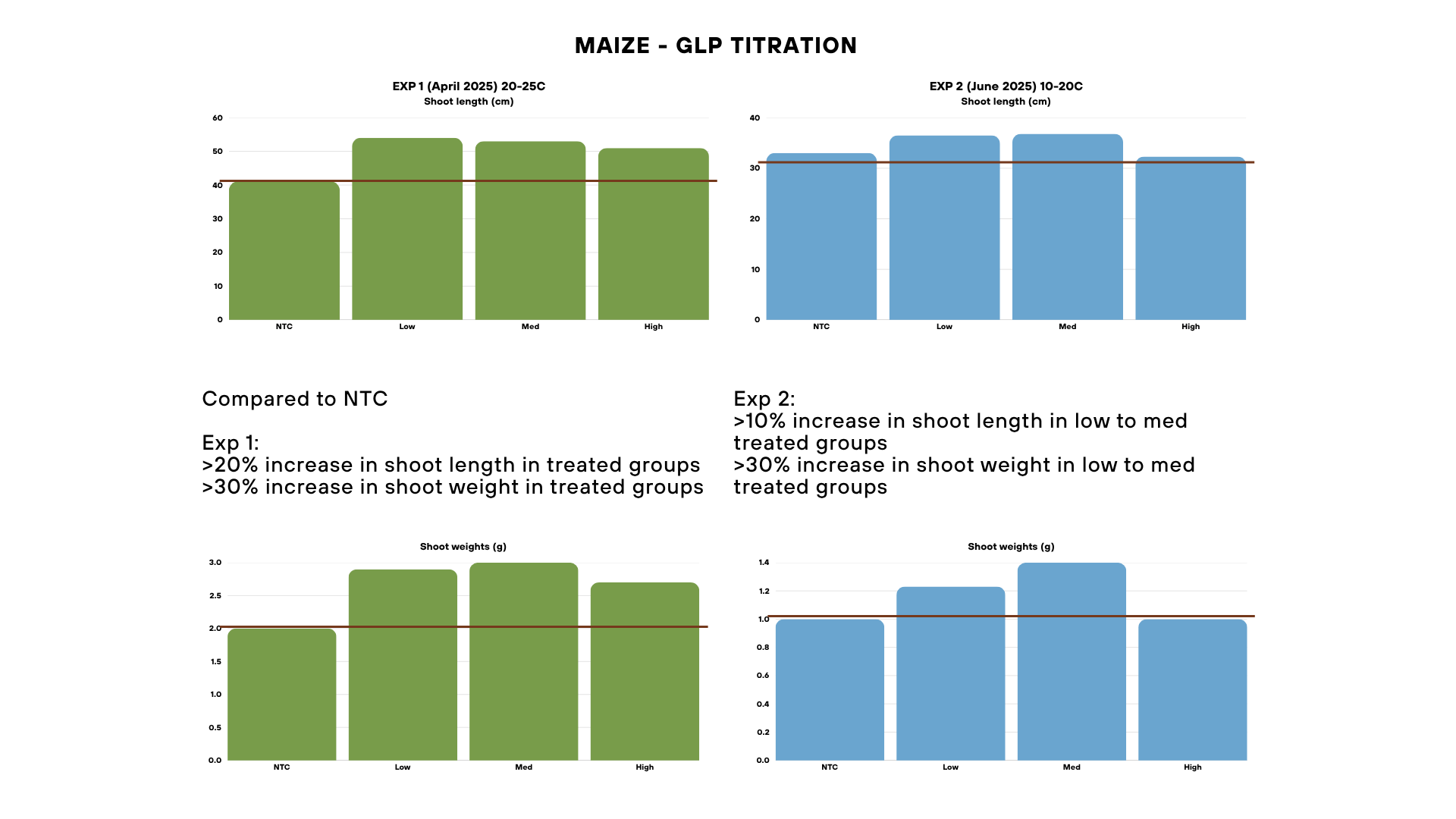
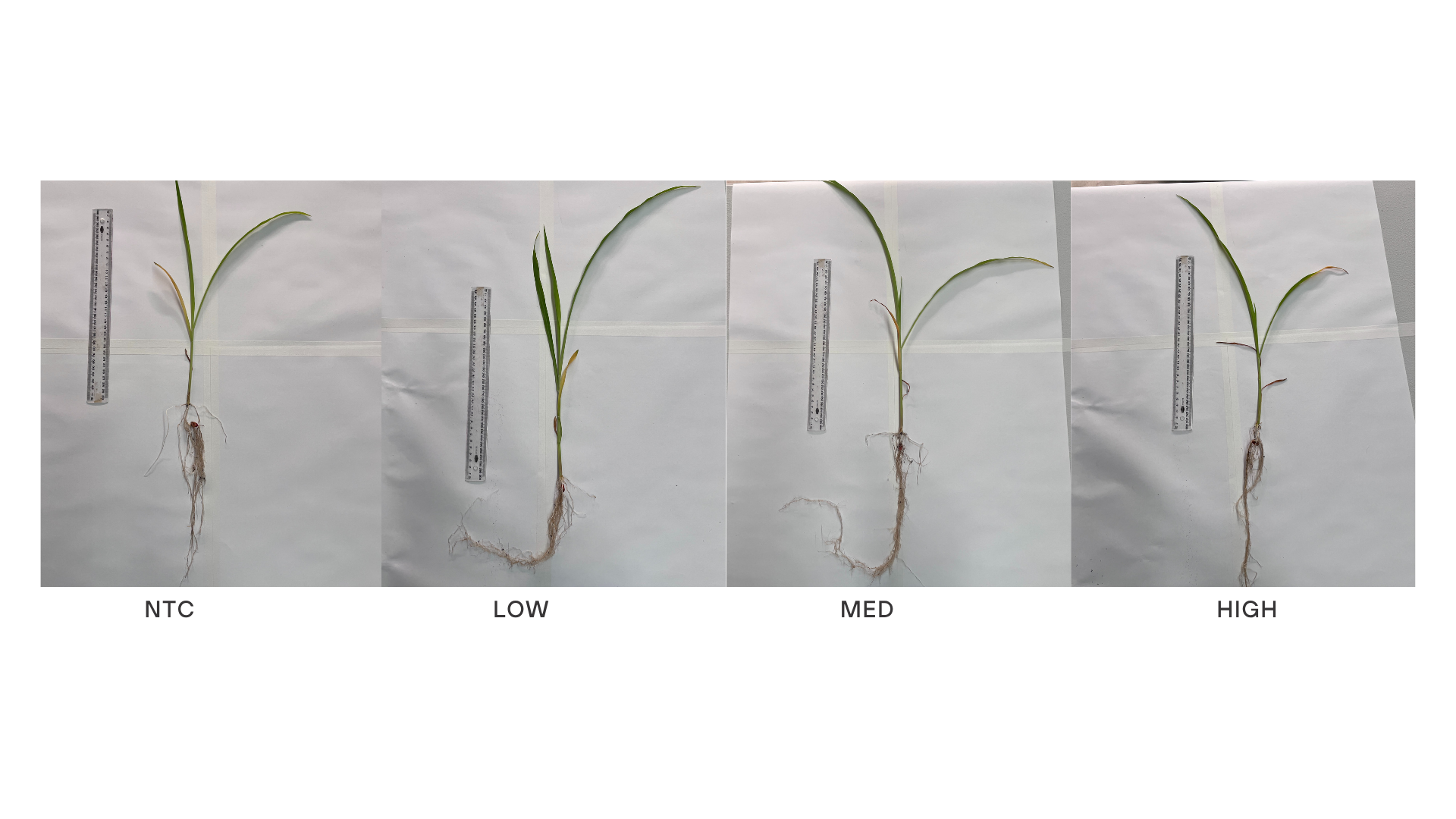
- Lentil Trial (South Australia) – Conducted in partnership with Elders Rural Services, this opportunistic trial on a late-sown lentil crop confirmed GLP’s role in supporting crop establishment and vigour. Applications showed positive trends in root development and yield potential, even under challenging seasonal conditions.
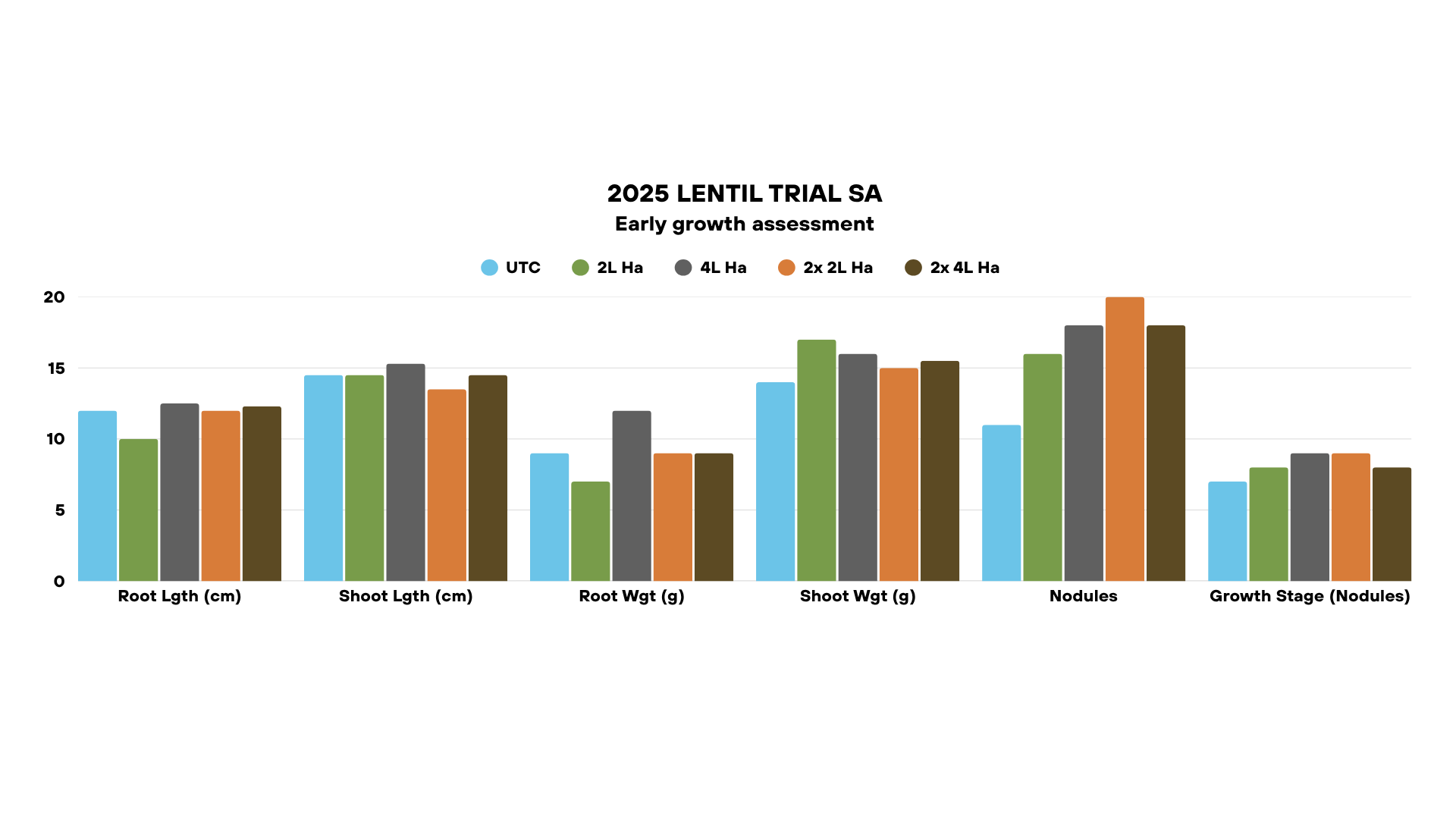
-
Optimal Dosing – Medium concentrations consistently delivered the best results, with no added benefit from higher applications.
Application Method Insights
Preliminary findings suggest that GLP application via soil, leaf, or media surfaces all show promise. Further trials will compare foliar, soil, and seed coating applications to determine the most effective methods for different farming systems.
Why This Matters
These findings demonstrate Terragen’s ability to:
-
Validate product performance through rigorous, in-house research
-
Optimise application strategies for growers
-
Deliver cost-effective biostimulant solutions without compromising results
As Elodie Buisset, Terragen’s Research Scientist, explains:
“This work reflects our commitment to scientific integrity, agronomic relevance, and delivering real value to growers.”
Looking Ahead
Terragen’s research continues to highlight the power of biologicals in reducing fertiliser dependency while maintaining yield and crop quality. With summer cropping programs on the horizon, these results provide confidence that Great Land Plus can play a key role in sustainable nutrient management strategies.
